Renewable natural gas from food waste offers negative carbon intensity as LCFS pathway: -80 gCO2e/MJ
Green Car Congress
MARCH 9, 2021
South San Francisco Scavenger Company (SSFSC) has submitted an application to the California Air Resources Board (ARB) seeking certification of Tier 2 pathways for biomethane (Bio-CNG) from anaerobic digestion (AD) of food waste and urban landscaping waste at their facility in South San Francisco, California. gCO 2 e/MJ and 0.28



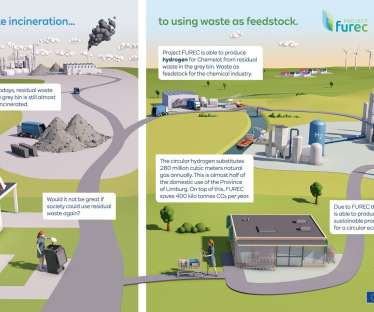
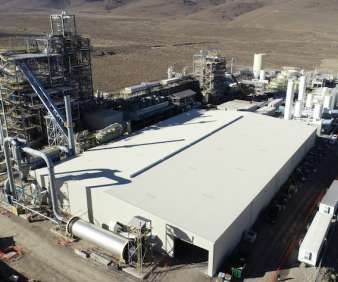



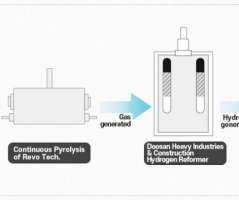

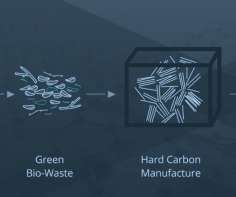
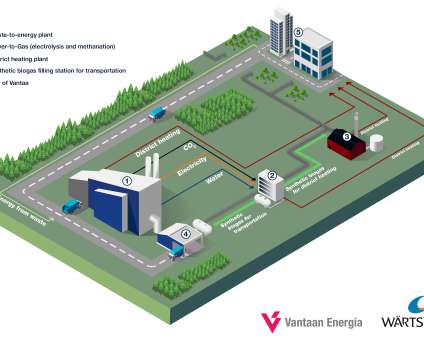


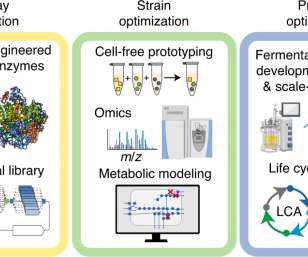




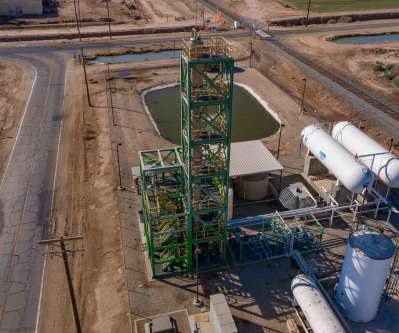
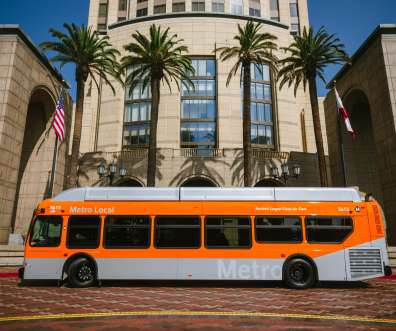
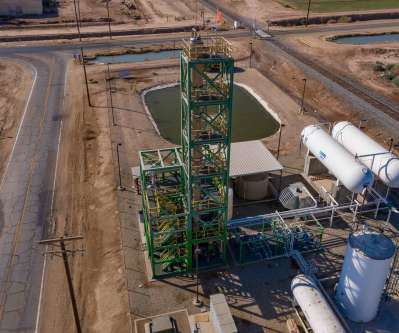



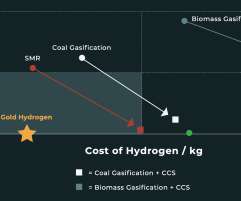
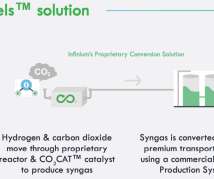

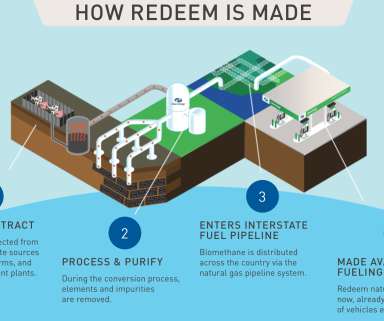




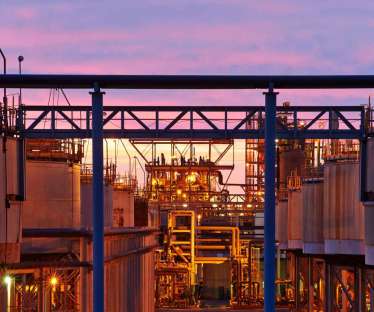








Let's personalize your content